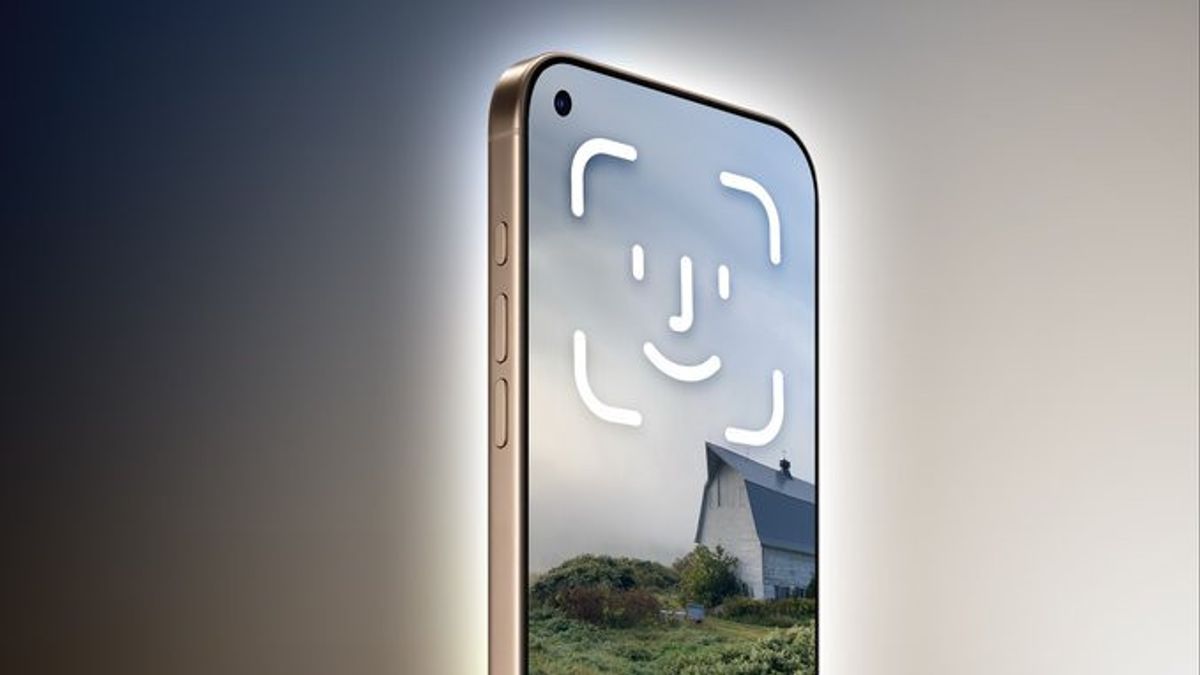
Podcasting 2.0: How Tech Is Evolving Audio Storytelling
- Entertainment
- May 8, 2025
- 1021
Once a niche format known mostly to tech enthusiasts and independent creators, podcasting has now become a dominant medium in the entertainment landscape. With over 460 million listeners worldwide as of 2025, the podcasting industry has transcended its humble beginnings to become a mainstream powerhouse for news, storytelling, and education.
But the biggest transformation is happening under the hood—thanks to evolving technologies, podcasting is entering a new phase. Dubbed “Podcasting 2.0,” this evolution isn’t just about better sound quality or more episodes; it’s a reimagining of how we create, distribute, and engage with audio content.
Smarter Discovery Through AI
Artificial intelligence is revolutionizing podcast discovery. Traditional podcast platforms relied on charts and user subscriptions. Now, AI-driven recommendation engines—similar to those used by Netflix and Spotify—are helping users discover shows based on listening habits, interests, and even emotional tone.
Natural language processing (NLP) also enables platforms to transcribe episodes and analyze them for themes, making it easier to index and search for specific topics within podcasts. This not only helps listeners but also gives creators greater visibility across platforms.
Enhanced Interactivity and User Engagement
Podcasting 2.0 is redefining what it means to be a passive listener. Interactive features such as real-time polls, clickable show notes, embedded links, and audience feedback tools are turning episodes into two-way conversations.
Some platforms now allow podcasters to insert dynamic content based on a listener’s location or listening history. Others offer chapter markers, enabling users to skip to different sections, similar to how viewers scrub through a video.
These features deepen engagement and open up new creative possibilities for storytelling.
Monetization: Beyond Ads
Monetization in the podcast world is also evolving. While traditional ad spots and sponsorships still exist, creators now have access to alternative revenue streams:
- Subscription models: Platforms like Apple Podcasts and Spotify let creators offer exclusive episodes or early access for paying subscribers.
- Micropayments and tipping: Using blockchain and cryptocurrency technologies, listeners can directly support creators through apps like Fountain and Podfriend.
- Dynamic ad insertion: This tech enables podcasters to serve different ads based on geography, demographics, or listening history, improving relevance and revenue potential.
These new models empower independent podcasters to sustain and scale their work without relying solely on large networks.
Streamlined Production and Editing
Thanks to AI-assisted tools, podcast production is no longer limited to those with technical expertise. Tools like Descript, Riverside, and Adobe Podcast allow creators to:
- Transcribe and edit audio like text
- Automatically remove filler words and background noise
- Generate voiceovers using synthetic voices
- Record studio-quality interviews remotely
This democratization of production tools means higher-quality audio content from a broader range of voices.
The Future: Decentralized and Open
A key principle of Podcasting 2.0 is openness. Unlike music streaming, which is often locked into proprietary ecosystems, the new wave of podcast platforms is embracing decentralization. The Podcast Index project, for example, aims to preserve and grow open podcasting by offering a free, open directory of shows not controlled by any single entity.
This approach ensures that podcasting remains an open and innovative medium, fostering a healthy ecosystem for creators, developers, and listeners alike.
Conclusion
Podcasting is no longer just about downloading audio files—it’s an interactive, intelligent, and increasingly immersive experience. From smart discovery to decentralized distribution, Podcasting 2.0 is reshaping how stories are told and heard.
As the technology continues to evolve, one thing is clear: the golden age of audio storytelling is just beginning.



